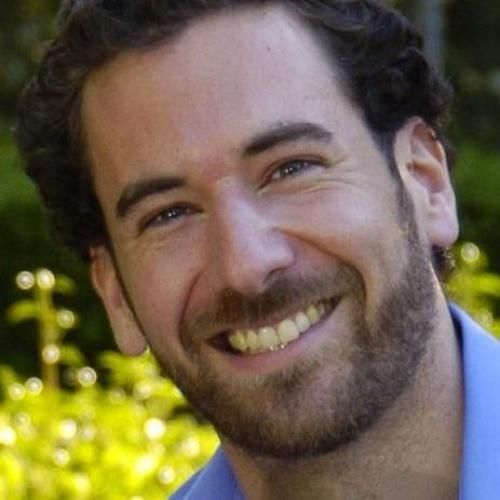Constitutive and inducible Akt activity promotes resistance to chemotherapy, trastuzumab, or tamoxifen in breast cancer cells.
To evaluate the role of the phosphatidylinositol 3-kinase (PI3K)/Akt pathway in breast cancer cell survival and therapeutic resistance, we analyzed a panel of six breast cancer cell lines that varied in erbB2 and estrogen receptor status. Akt activity was constitutive in four cell lines and was associated with either PTEN mutations or erbB2 overexpression. Akt promoted breast cancer cell survival because a PI3K inhibitor, LY294002, or transient transfection of a dominant-negative Akt mutant inhibited Akt activity and increased apoptosis. When combined with therapies commonly used in breast cancer treatment, LY294002 potentiated apoptosis caused by doxorubicin, trastuzumab, paclitaxel, or etoposide. Potentiation of apoptosis by LY294002 correlated with induction of Akt by doxorubicin or trastuzumab alone that occurred before the onset of apoptosis. Similar results were observed with tamoxifen. Combining LY294002 with tamoxifen in estrogen receptor-positive cells greatly potentiated apoptosis, which was correlated with tamoxifen-induced Akt phosphorylation that preceded apoptosis. To confirm that the effects of LY294002 on chemotherapy-induced apoptosis were attributable to inhibition of Akt, we transiently transfected breast cancer cells with dominant-negative Akt and observed increased doxorubicin-induced apoptosis. Conversely, stably transfecting cells with constitutively active Akt increased Akt activity and attenuated doxorubicin-induced apoptosis. These studies show that endogenous Akt activity promotes breast cancer cell survival and therapeutic resistance, and that induction of Akt by chemotherapy, trastuzumab, or tamoxifen might be an early compensatory mechanism that could be exploited to increase the efficacy of these therapies.
Duke Scholars
Published In
ISSN
Publication Date
Volume
Issue
Start / End Page
Location
Related Subject Headings
- Tumor Cells, Cultured
- Trastuzumab
- Transfection
- Time Factors
- Tamoxifen
- Proto-Oncogene Proteins c-akt
- Proto-Oncogene Proteins
- Protein Serine-Threonine Kinases
- Paclitaxel
- Oncology & Carcinogenesis
Citation
Published In
ISSN
Publication Date
Volume
Issue
Start / End Page
Location
Related Subject Headings
- Tumor Cells, Cultured
- Trastuzumab
- Transfection
- Time Factors
- Tamoxifen
- Proto-Oncogene Proteins c-akt
- Proto-Oncogene Proteins
- Protein Serine-Threonine Kinases
- Paclitaxel
- Oncology & Carcinogenesis

